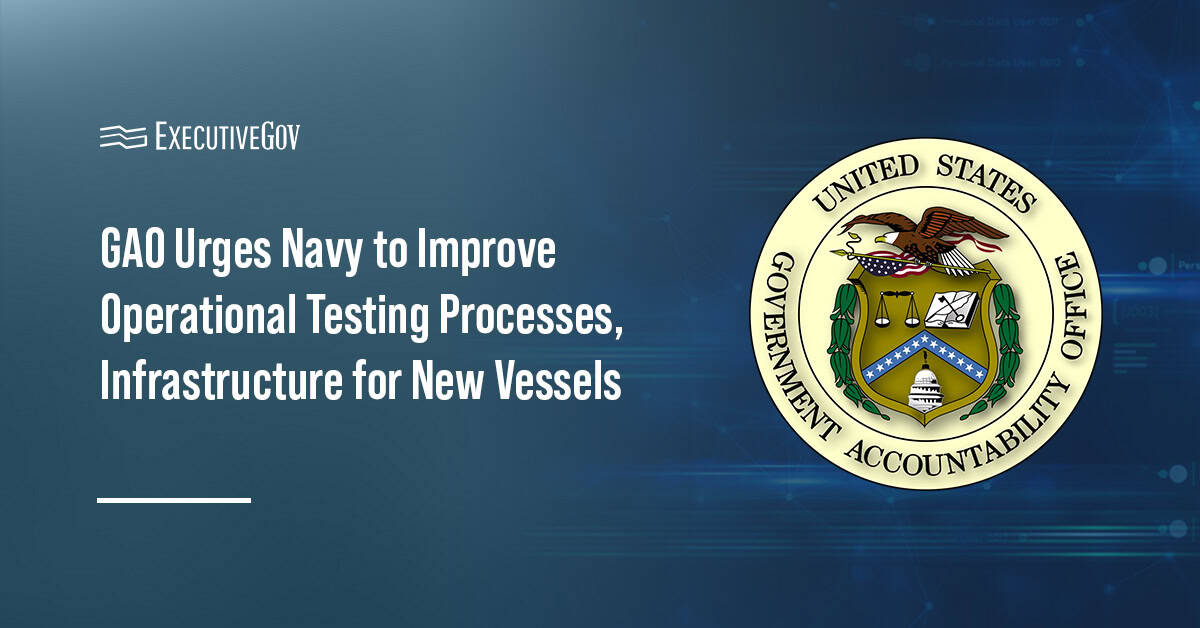
Dale Cabaniss, director of the Office of Personnel Management, immediately resigned from her post Tuesday, Politico reported.
Michael Rigas, deputy director at OPM, will lead the agency on an interim basis, according to a spokesperson for OPM.
Cabaniss was confirmed by the Senate in September. She previously served as chairwoman of the Federal Labor Relations Authority and spent more than two decades in Senate and civil service roles.
Her resignation comes as OPM works to find ways how to handle the federal workforce as the government deals with the COVID-19 pandemic.





